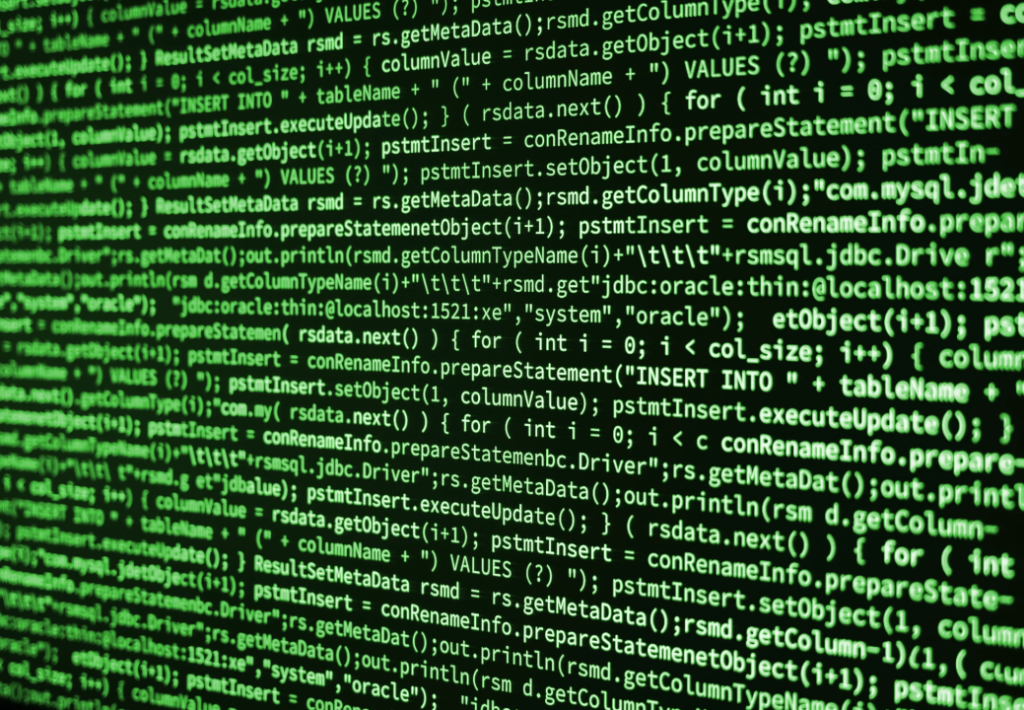
The Benefits of Integrating Coding and Computational Thinking Across Disciplines
In today’s digital age, where technology is omnipresent, the ability to code and think computationally is no longer just a niche skill reserved for computer scientists. Instead, it has become increasingly essential across various disciplines, from biology to literature, art to mathematics. Integrating coding and computational thinking into diverse educational domains offers a plethora of benefits, empowering learners with problem-solving skills, fostering creativity, and preparing them for the challenges of the future.

1. Fostering Problem-Solving Skills:
At its core, coding is about breaking down complex problems into smaller, manageable parts and devising step-by-step solutions. This approach mirrors the problem-solving strategies required in fields like mathematics, science, and engineering. By integrating coding into these disciplines, students develop a structured mindset for tackling challenges effectively. Whether they’re debugging a program or designing an experiment, they learn to approach problems systematically, enhancing their analytical abilities.
2. Enhancing Creativity and Innovation:
Contrary to popular belief, coding is as much a creative endeavor as it is logical. Through coding projects, students have the opportunity to express their creativity by designing games, creating animations, or building interactive websites. This creative aspect of coding transcends disciplinary boundaries, allowing students to explore their artistic inclinations in conjunction with subjects like design, literature, or history. By integrating coding into these disciplines, educators nurture a culture of innovation, empowering students to think outside the box and develop novel solutions to real-world problems.
3. Promoting Interdisciplinary Connections:
Coding and computational thinking provide a common language that bridges disciplines, enabling students to make connections across diverse fields of study. For instance, integrating coding into biology allows students to simulate ecological systems or analyze genetic data. Similarly, incorporating coding into language arts can involve creating interactive stories or analyzing linguistic patterns using computational tools. By breaking down silos between subjects, interdisciplinary integration fosters a holistic understanding of concepts and encourages students to apply their skills in novel contexts.
4. Preparing for Future Careers:
In today’s job market, proficiency in coding and computational thinking is increasingly in demand across various industries, not just in technology-related fields. By integrating these skills into different disciplines, educators equip students with versatile tools that are relevant in an ever-evolving job market. Whether students pursue careers in healthcare, finance, or the arts, the ability to code and think computationally opens doors to a wide range of opportunities and ensures they are well-prepared for the demands of the future workforce.
5. Cultivating Digital Literacy and Citizenship:
In an era of ubiquitous technology, digital literacy is essential for navigating the digital landscape responsibly. By learning to code and think computationally, students gain a deeper understanding of how technology works and its impact on society. They become more discerning consumers of digital content and develop critical thinking skills to evaluate information effectively. Moreover, integrating coding into ethical discussions encourages students to consider the societal implications of technology, fostering responsible digital citizenship.
As students navigate the integration of coding and computational thinking across disciplines, they may encounter challenges that require additional support and guidance. MakeMyAssignments, a leading online educational platform, stands ready to empower students on this journey by offering a range of services tailored to their needs.
1. Expert Guidance and Tutoring:
MakeMyAssignments provides access to a team of experienced tutors proficient in coding and computational thinking. These experts offer personalized guidance to students, helping them grasp fundamental concepts and overcome obstacles in their coding assignments. Whether students need assistance with debugging code, understanding algorithms, or applying computational thinking strategies, the platform’s tutors are available to provide timely support and clarification.
2. Tailored Assignment Assistance:
Coding assignments often require students to apply their skills in specific disciplinary contexts, such as biology simulations, mathematical modeling, or creative writing projects. MakeMyAssignments offers tailored assignment assistance, ensuring that students receive targeted support relevant to their academic pursuits. From providing code reviews to offering brainstorming sessions for interdisciplinary projects, the platform helps students develop solutions that align with the requirements of their assignments and academic goals.
3. Interactive Learning Resources:
MakeMyAssignments features a wealth of interactive learning resources designed to enhance students’ understanding of coding and computational thinking concepts. From instructional videos and coding tutorials to interactive simulations and practice exercises, the platform offers diverse resources to cater to different learning styles. Students can explore topics at their own pace, reinforce their understanding through hands-on activities, and gain confidence in applying coding principles across disciplines.
4. Collaboration and Peer Support:
Learning coding and computational thinking is often a collaborative endeavor. MakeMyAssignments facilitates peer-to-peer collaboration through its online community forums and discussion groups. Students can connect with peers facing similar challenges, share insights, and collaborate on coding projects and assignments. This collaborative environment fosters a sense of camaraderie and provides students with valuable opportunities to learn from one another’s experiences and perspectives.
5. Academic Integrity and Plagiarism Prevention:
As students engage in coding assignments and projects, maintaining academic integrity is paramount. MakeMyAssignments upholds strict standards of academic integrity and provides tools to help students avoid plagiarism and unauthorized collaboration. Through plagiarism detection software and guidelines on citing sources and acknowledging contributions, the platform ensures that students adhere to ethical practices in their academic work, fostering a culture of integrity and professionalism.
MakeMyAssignments plays a vital role in supporting students as they navigate the integration of coding and computational thinking across disciplines. By offering expert guidance, tailored assignment assistance, interactive learning resources, collaboration opportunities, and tools for academic integrity, the platform empowers students to succeed in their coding endeavors and academic pursuits. With MakeMyAssignments as their partner, students can confidently embrace the challenges and opportunities presented by the integration of coding and computational thinking in their education.




